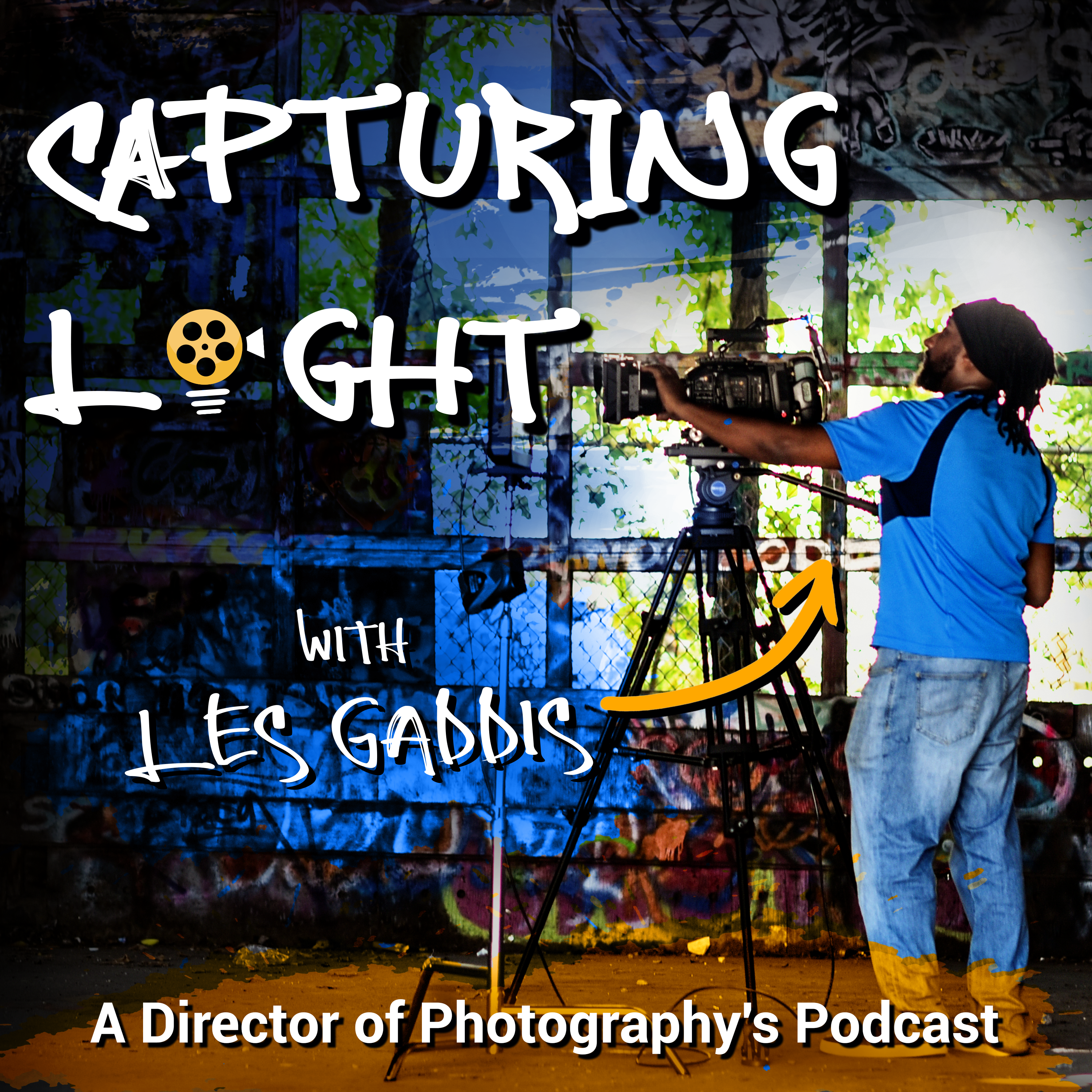- After-Shows
- Alternative
- Animals
- Animation
- Arts
- Astronomy
- Automotive
- Aviation
- Baseball
- Basketball
- Beauty
- Books
- Buddhism
- Business
- Careers
- Chemistry
- Christianity
- Climate
- Comedy
- Commentary
- Courses
- Crafts
- Cricket
- Cryptocurrency
- Culture
- Daily
- Design
- Documentary
- Drama
- Earth
- Education
- Entertainment
- Entrepreneurship
- Family
- Fantasy
- Fashion
- Fiction
- Film
- Fitness
- Food
- Football
- Games
- Garden
- Golf
- Government
- Health
- Hinduism
- History
- Hobbies
- Hockey
- Home
- How-To
- Improv
- Interviews
- Investing
- Islam
- Journals
- Judaism
- Kids
- Language
- Learning
- Leisure
- Life
- Management
- Manga
- Marketing
- Mathematics
- Medicine
- Mental
- Music
- Natural
- Nature
- News
- Non-Profit
- Nutrition
- Parenting
- Performing
- Personal
- Pets
- Philosophy
- Physics
- Places
- Politics
- Relationships
- Religion
- Reviews
- Role-Playing
- Rugby
- Running
- Science
- Self-Improvement
- Sexuality
- Soccer
- Social
- Society
- Spirituality
- Sports
- Stand-Up
- Stories
- Swimming
- TV
- Tabletop
- Technology
- Tennis
- Travel
- True Crime
- Episode-Games
- Visual
- Volleyball
- Weather
- Wilderness
- Wrestling
- Other
Capturing Light – Episode 141 Les Gaddis
In this episode, we talk about: My thoughts about cinematographer. Highlighting topics in cinematography. Going out there and shooting film. Here are some key concepts and tips to get you started: Understanding the Camera: Know your camera inside out. Whether you’re using a DSLR, mirrorless camera, cinema camera, or even a smartphone, understanding your equipment is fundamental. Composition: Learn the basics of composition, such as the rule of thirds, framing, leading lines, and the use of symmetry. Experiment with different angles (high angle, low angle, eye level) to create different emotional effects. Lighting: Lighting is one of the most critical aspects of cinematography. Understand natural light, artificial lighting, and how to shape light to achieve the desired mood. Learn about three-point lighting (key light, fill light, and backlight) and how to use it effectively. Camera Movement: Different camera movements (e.g., panning, tilting, tracking, dolly shots, crane shots) can convey different emotions and perspectives. Mastering camera movement is essential. Framing and Shot Types: Familiarize yourself with various shot types like wide shots, medium shots, close-ups, and extreme close-ups. Each serves a specific purpose in storytelling. Understand framing techniques like long shots, two-shots, and over-the-shoulder shots. Lenses and Focal Lengths: Different lenses and focal lengths have a significant impact on the image. Wide-angle lenses create a sense of space, while telephoto lenses compress the image. Experiment with prime and zoom lenses to understand their strengths and weaknesses. Depth of Field: Learn how to control depth of field using aperture settings. A shallow depth of field can isolate subjects and create a cinematic look. Color and White Balance: Understand color theory and how color can be used to evoke emotions. Set your camera’s white balance correctly to ensure accurate colors in your footage. Exposure: Master exposure settings, including shutter speed, aperture, and ISO, to achieve the desired look. Use ND filters to control exposure in bright conditions. Storytelling: Cinematography is storytelling through visuals. Collaborate with the director and other crew members to understand the story’s tone and message. Use visual cues and symbolism to enhance the narrative. Post-Production: Familiarize yourself with video editing software like Adobe Premiere Pro, Final Cut Pro, or DaVinci Resolve to refine your footage in post-production. Continual Learning: Cinematography is a constantly evolving field. Keep learning by watching films, reading books, attending workshops, and experimenting with new techniques. Practice: Practice is key to improving your cinematography skills. Start with simple projects and gradually work your way up to more complex ones. Director of Photography: Les Gaddis

